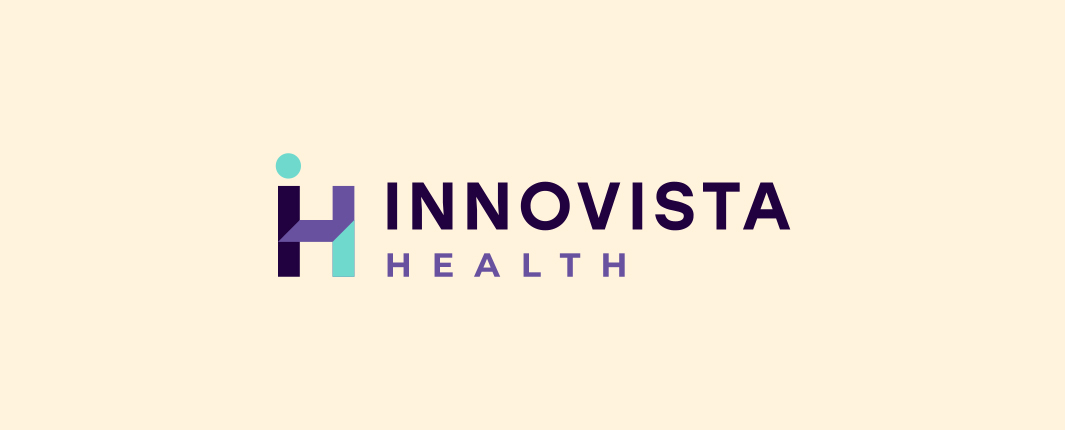
Related Articles
In value-based care, providers assume more financial risk than ever before using alternative payment models. What are the risks and rewards of these various payment models?
OAK BROOK, Ill., Aug. 30, 2022 /PRNewswire/ — Innovista Health (Innovista) today named Dr. Vikram Bakhru as its new chief executive officer. Bakhru is a practicing physician with more than 20 years of experience dedicated to the intersection of technology and the improvement of health outcomes for underserved populations. Dr. Bakhru most recently served as chief health officer for a managed Medicaid insurance company providing access to tech-enabled, quality care to the underserved. He also co-founded or served as a senior executive for several venture-backed health technology companies. “Stepping into this role, I am focused on having Innovista partner with care providers to leverage
This case study illustrates the power of partnership between Innovista and a Chicago area practice in leveraging data to make better healthcare decisions.


